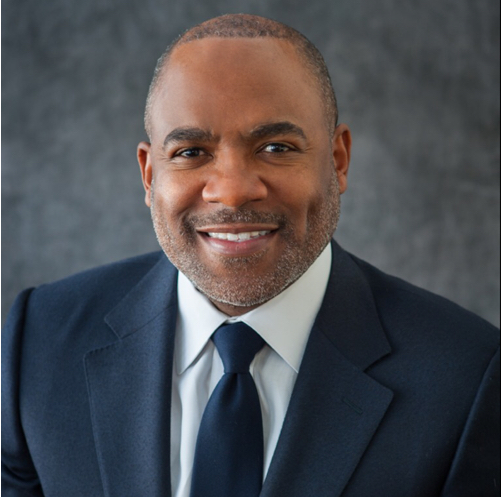And Now for Something Completely Different?
| By Fórmate a Fondo | 0 Comentarios
HSBC Global Research asks if the ECB QE set to become an ‘ex policy’. In its last European Economics Quarterly the firm explains that there’s more than a whiff of Monty Python’s famous parrot sketch in the ECB’s current position. “Like Michael Palin trying to persuade John Cleese that his dead parrot might be just “resting” or “pining for the fjords”, so the ECB for the past few years has been keen to convince markets that it has the will and the means to return inflation to target, despite mounting evidence to the contrary”.
It is two years since the ECB announced QE, albeit belatedly and cautiously. Yet inflation still seems stuck in a rut. “So is ECB QE, like Monty Python’s parrot, dead? Is it an ex-policy? Is it time for something completely different?”, asks HSBC Global Research.
Markets have become more optimistic on inflation and the reflation trade is on
Since Donald Trump was elected as the next US president, equities and bond yields have risen and the US dollar has appreciated. This positive sentiment has affected Europe. During Q4, ten-year bund yields rose from around -10bps to +25bps, and at 1.4% gilt yields are up around 90bps from their post-Brexit lows. European equities have shrugged off various political shocks to end 2016 at highs for the year.
To HSBC, the market reaction jars with the economic realities. The two key tailwinds to eurozone growth over the past two years – energy price deflation and fiscal headroom from falling government borrowing costs – have ended. They expect the eurozone to grow by just 1.2% in 2017. This is 0.2% higher than their previous forecast thanks to strong momentum going into the year, but it still marks a slowdown from 2016. Unemployment and economic slack are still elevated in three of the eurozone’s big four economies and are likely to remain so.
There may be structural global factors, such as price-sensitive, digitally-savvy consumers restraining inflation. And the impact of monetary policy is still limited by a low ‘natural’ real interest rate. It will require more than a dose of US fiscal expansion to reverse the trend in the factors that have driven ‘natural rates’ down, such as slowing productivity growth, high debt burdens and unfavourable demographics. In short, they think we are a long way from seeing ‘the whites of the eyes’ of sustained eurozone inflation.
Core inflation in the eurozone is unlikely to rise much above 1% over the coming years, even if headline inflation is set to rise reasonably sharply. The 18% rise in the EUR oil price through Q4 2016 alongside EUR depreciation means they now see eurozone inflation peaking briefly at 1.8% and averaging 1.6% in 2017 (up from 1.0% previously). But they see core inflation reaching just 1.2% in 2018. Indeed, even after the latest extension of QE to December 2017, the ECB itself is only forecasting inflation rising to 1.7% by 2019.
The eurozone is unlikely to follow the US down the path of fiscal expansion. Markets shouldn’t rely on the fiscal expansion to drive up growth and inflation, even if there is a strong case for Europe to follow the US. In aggregate, the eurozone’s deficit, current account and public debt burden provide a more favourable base to launch a fiscal loosening. Also, there is an urgent need for investment, with the level of investment around EUR200bn below where it should be given the level of GDP. Even the European Commission has acknowledged this and requested (for the first time) an aggregate fiscal expansion of 0.5% of GDP. Unsurprisingly, it wants this to come from the surplus countries although it has no powers to enforce this.
So is it time for something completely different?
Perhaps the ECB’s best option to meet its inflation mandate is to accept lower inflation for a few years, ramp down its bond buying programme gradually and put the pressure back on governments to make structural reforms. To avoid a repeat of 2012, where reforms arguably contributed to a recession and the rise of populist parties, there would also need to be an investment-led fiscal stimulus that raises both near-term and, via higher future productivity, longer-term growth. This would require further steps toward centralised fiscal policy, after the raft of 2017 elections.
The ECB should reduce its purchases further at the end of 2017. In reality, the ECB is unlikely to administer a sharp shock. Mario Draghi has been clear that there will be no sudden stop to QE. However, they do think the ECB will reduce the QE purchase rate further when the current programme finishes in December 2017. Of course, the ECB may give different reasons for piling pressure on governments (eg higher headline inflation projections) but they think it is likely to announce another six-month extension, buying at EUR40bn per month, probably at its October 2017 meeting. And there is always the possibility of it adjusting its policy mix away from government bond buying to other forms of easing.



